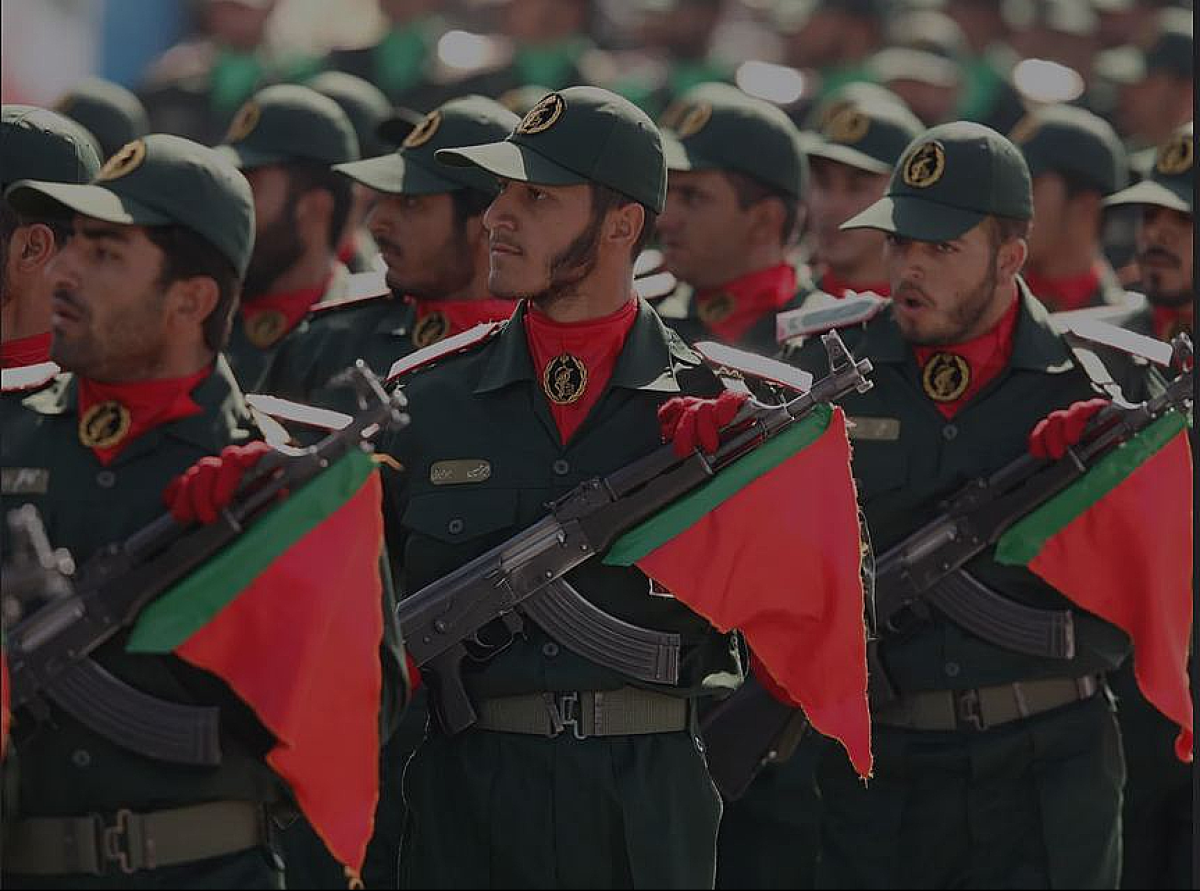 230
230
Two years have passed since the 44-day Second Nagorno-Karabakh War, which broke out between the Republic of Azerbaijan and Armenia, concluded with the deployment of Russian peacekeeping forces to the conflict zone.
Hostilities flared up once again when Azeri troops struck Armenian fortifications, not in the disputed Nagorno-Karabakh region, but rather dangerously close to the Armenian border with Iran.
The situation at the Armenian-Azerbaijani frontier grew highly tense, according to a statement released by the Armenian Ministry of Defence on Tuesday at 8:00 a.m. local time.
According to the report, Azerbaijan bombarded civilian areas in Vardenis, Goris, Sotak, Artanish, Ishkhanasar, and Kapan using artillery, mortars, and drones. According to the Russian news agency Interfax, the Azeri forces continue to advance into Armenia’s internationally recognised territories.
Russia’s RIA Novosti news agency quoted Azerbaijani sources as saying that a ceasefire was implemented. However, the truce was short-lived, and furious combat resumed shortly afterwards.
To establish the underlying causes of recurring conflicts in the South Caucasus, it is imperative to evaluate the geopolitical events of the last several months.
Azerbaijan’s long-coveted ambition to have unrestricted access to its split part, the Nakhchivan Autonomous Republic, through the so-called “Zangezur Corridor” is the most salient factor in the continuance of tensions between Baku and Yerevan.
The crux of the problem, however, is that if implemented, the purported corridor that passes through Armenia’s Syunik province would sever Iran’s connections with Armenia.
Naturally, Armenia opposes this scenario because it constitutes a blatant violation of its sovereignty over a vital part of its territories and a disastrous shift in the geopolitics of the region. Iran’s supreme leader, Ayatollah Ali Khamenei, warned the regime in Baku against engaging in these risky provocations.
In a recent phone call between Iranian President Ebrahim Raisi and Pashinyan, Mr Raisi reiterated Tehran’s unequivocal stance and stressed that Armenia’s national security is equally important to Iran.
The prompt cessation of hostilities is primarily attributed to Iran’s timely and steadfast backing for Armenia, which thwarted the interference of third parties such as Turkey and the Zionist authorities, thereby averting a potential military conflagration in the region.
Tural Sadıqlı, an Azeri political dissident, believes that by sending Azeri troops to their deaths, Ilham Aliyev is seeking to conceal Azerbaijan’s severe economic crisis and his own financial malfeasance through phoney patriotic gestures in front of the cameras.
Sadıqlı also slammed Aliyev for being a demagogue who secretly makes deals and lacks political transparency.
The other factor which gave Aliyev the audacity to reignite the hostilities with Yerevan was the EU’s meaningful silence since if the Zangezur Corridor is established, the Europeans would have another alternative energy supply to replace the Russian gas, which Moscow currently wields as a potent weapon against the EU and NATO.
Baku’s recent actions, with its greedy eyes on the south of Armenia, pose a grave geopolitical concern for Iran, and as Ayatollah Khamenei recently reminded Turkish President Erdoğan, Tehran cannot tolerate the closure of its ancient borders with Armenia. Tehran will undoubtedly react militarily if the Aliyev regime is determined to occupy the 38-kilometre-wide Jermuk region of Armenia to reach Nakhchivan.
Comment
Post a comment for this article